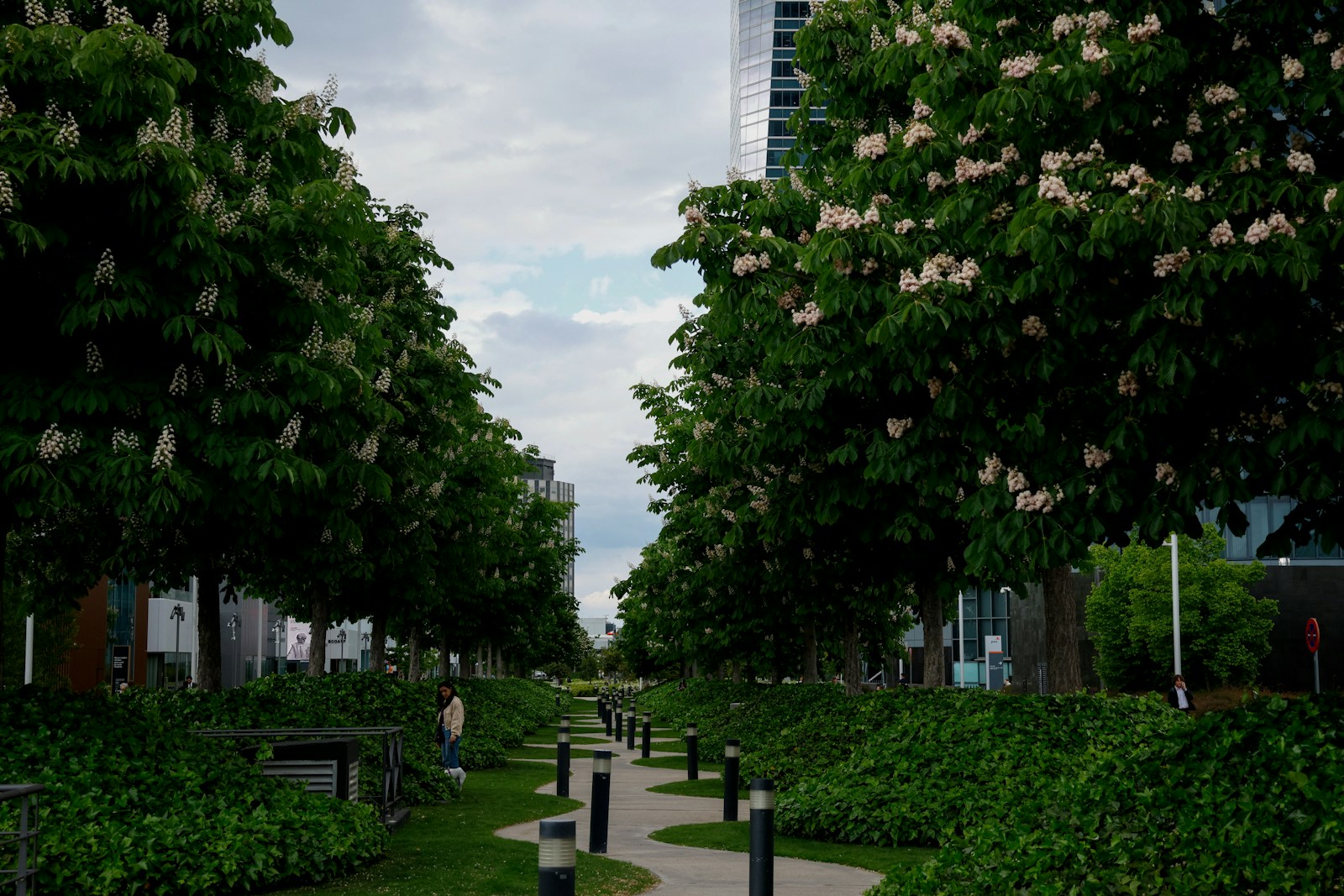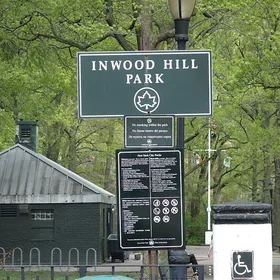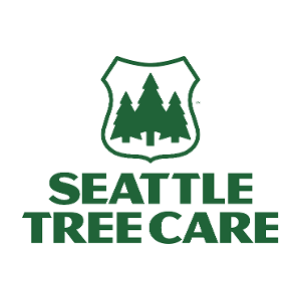
Urban Forestry
Within urban forestry jobs you will primarily work outdoors operating heavy machinery and climbing trees to perform standard maintenance. These are positions where you often work as a tree trimmer and pruner in the public or private sector. Your tasks may include data collection, inventory, tree planting, pruning, thinning, and cutting trees. You will also perform inspections of areas where trees were cut or planted and prepare written reports of the final inspection. Duties include verifying landscaping and tree mitigation requirements are met, working with commercial property owners, developers, and design professionals to identify existing tree species onsite and maximize preservation of the urban forest.
Industry Insights
A high-level pulse check on talent demand, projected growth, compensation, and how work typically happens across this pathway.
Estimated employment nationwide in 2024
BLS job outlook (2024–2034)
Mid-career annual salary (nationwide median)
How the work is typically performed
Peak demand and work cadence
Active openings across the FireUp network
Career Pathways & Progression
Position Responsibilities
Grounds maintenance workers and tree trimmers perform physically demanding tasks such as mowing lawns, trimming shrubs and small trees, planting vegetation and clearing debris. They may operate chain saws, wood chippers and aerial lifts while learning safe climbing techniques. Entry roles often involve assisting experienced arborists or municipal crews and receiving on‑the‑job training in equipment use and safety.
Job Types & Titles
- Grounds Maintenance Worker
- Tree Trimmer/Pruner
- Arborist Assistant
- Urban Forestry Intern
Qualifications Snapshot
Education
High school diploma or GED; vocational training programs like Job Corps Urban Forestry or community college certificates
Certifications
Basic chainsaw safety or first aid; some positions require a commercial driver’s license (CDL)
Experience
No prior experience required; physical fitness, comfort working outdoors and willingness to learn are important
Position Responsibilities
Technicians take on more complex tree care tasks such as climbing and pruning mature trees, operating heavy equipment and performing basic tree risk assessments. They may supervise small crews, conduct tree inventories and assist in pest management. Technicians frequently work for private tree care companies or municipal parks departments and begin building client relationships.
Job Types & Titles
- Arborist Technician/Tree Climber
- Municipal Arborist
- Plant Health Care Specialist
- Utility Vegetation Technician
Qualifications Snapshot
Education
Associate degree or certificate in arboriculture or urban forestry
Certifications
ISA Certified Arborist is strongly recommended
Experience
1-3 years of tree care experience; ability to climb and operate aerial lifts; knowledge of pruning standards and tree biology
Position Responsibilities
Urban foresters and planners manage comprehensive urban tree programs. They develop and implement tree ordinances, conduct tree inventories, create planting and maintenance plans and coordinate volunteers. Professionals prepare budgets, secure grants and educate stakeholders about the benefits of urban forests. They often work for city or state agencies, nonprofits or consulting firms.
Job Types & Titles
- Urban Forester
- City Forester/Urban Forestry Planner
- Consulting Arborist
- Utility Forester
Qualifications Snapshot
Education
Bachelor’s degree in forestry, urban forestry, natural resources or related field
Certifications
ISA Certified Arborist; ISA Tree Risk Assessment Qualification (TRAQ); Certified Urban Forest Professional
Experience
3-5 years of professional experience in urban forestry or related fields; proficiency with tree inventory software and community engagement
Position Responsibilities
Managers oversee urban forestry programs, set policy and coordinate with planners, elected officials and community groups. They develop strategic plans, manage budgets, supervise staff and contractors and ensure compliance with tree ordinances and safety standards. Directors advocate for funding, report on canopy goals and incorporate climate resilience and equity into urban forest initiatives.
Job Types & Titles
- Urban Forestry Manager
- City Arborist/Urban Forestry Director
- Program Administrator
- Sustainability or Natural Resources Manager
Qualifications Snapshot
Education
Master’s degree in urban forestry, natural resources management, public administration or related field; graduate certificate in urban forestry
Certifications
ISA Certified Arborist, TRAQ, Certified Urban Forest Professional; leadership or project management credentials
Experience
5+ years of progressively responsible experience managing urban forestry programs, budgets and staff
Who Hires Urban Forestry Professionals?
Explore leading organizations in this field and discover career opportunities.
U.S. Forest Service - Urban & Community Forestry Program

NYC Parks Department - Forestry & Environment Careers
Bartlett Tree Experts
Davey Tree Expert Company

Seattle Tree Care
Arbor Day Foundation
Education & Certification
Lay the foundation for your career with the right education and stand out with professional certifications.
Academic Programs
Professional Certifications
Microcredentials & Specialized Training
Words from the Field
Hear from professionals who have built successful careers in urban forestry.
No testimonials yet. Want to highlight your own pathway story?
Share your testimonialResources & Tools
Curated guides, videos, and communities to help you level up quickly.
Video Library
Member Spotlight
Member Spotlight
Jobs in Urban Forestry
Still Deciding?
Use our tools and resources to explore urban forestry and related fields.
Explore Your Options
Not sure where to start? Let us help you match your skills to your next career move, or get alerts for jobs that fit your goals.
